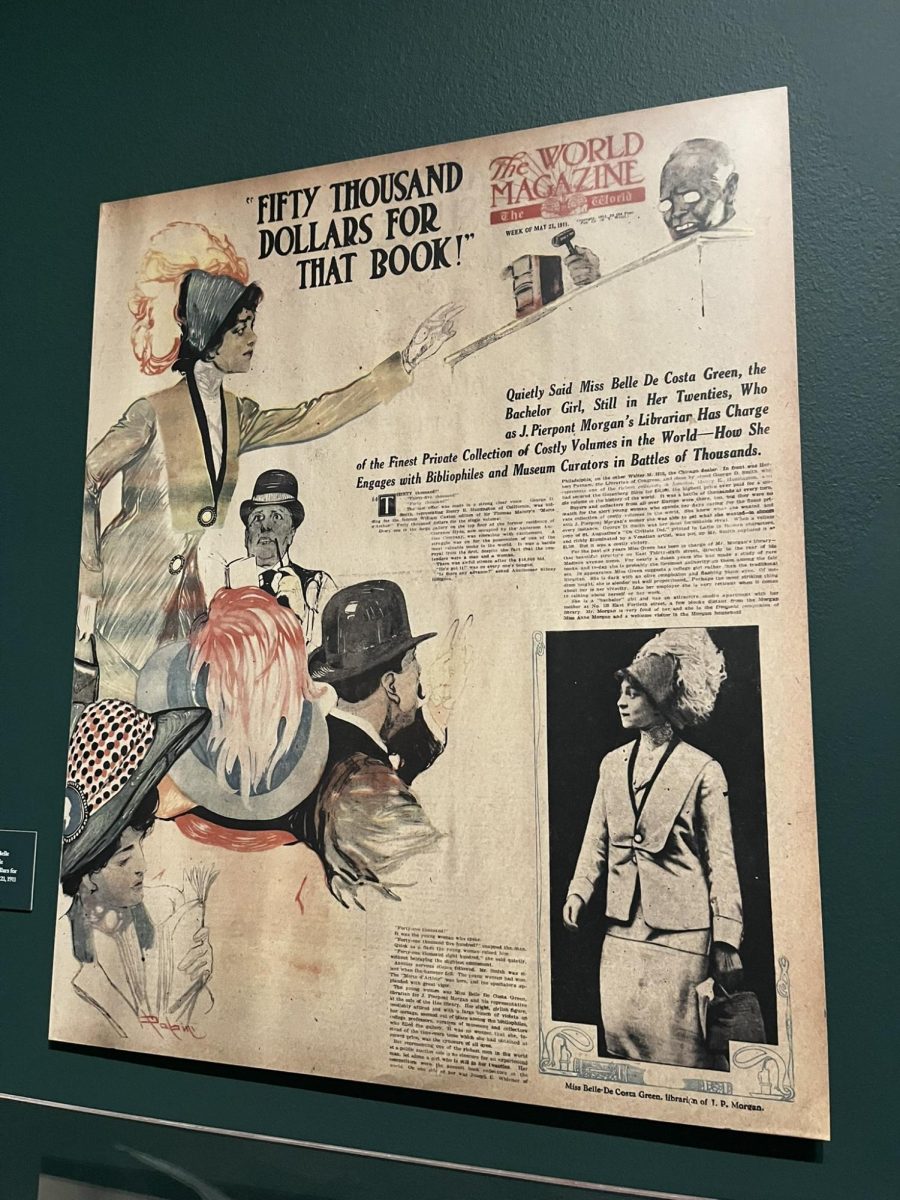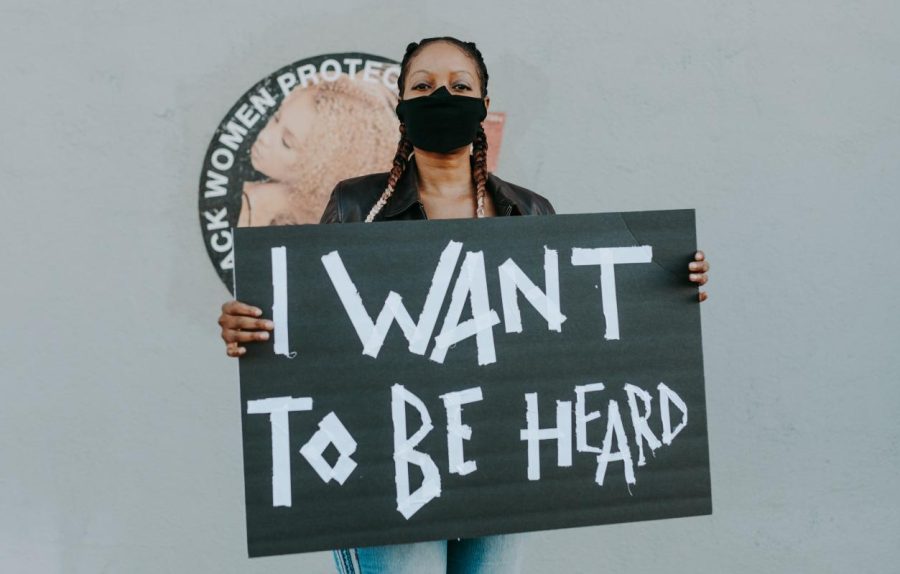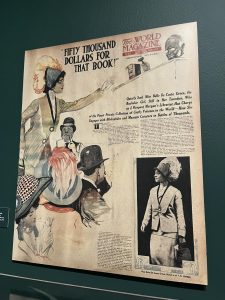E Pluribus Unum
May 18, 2023
America has been running the race for equal rights since the 18th century. Although we’ve come a long way from the starting line, we still have miles to go.
John Locke is known for his infamous phrase, “Life, Liberty, and Property.” Eighty-seven years later, Thomas Jefferson modified it to “Life, Liberty and the Pursuit of Happiness.” One might say Jefferson altered the phrase to encourage the idea that, with enough hard work, the ability for a happy life is conceivable.
One of the flaws in this ideology was the hypocrisy of the voting system. America was founded for people to have a say in their politics. However, according to the voting laws at the time, only wealthy white men– 6% of the population– were eligible. It is ironic because only a fragment of the population being able to vote is the very thing they fought against. Fifty years later, in the 1820s, Andrew Jackson dropped the land ownership requirement, but many were still robbed of the opportunity to vote. It would take forty years for slavery to be abolished before a Black man could vote. In 2010, Harry Belafonte– an American singer and activist– voiced his discontent, “Although slavery may have been abolished, the crippling poison of racism still persists, and the struggle still continues.”
In the 1900s, there was a powerful movement fighting for workers’ rights. The government implemented strict laws for workers’ rights, which improved the workplace greatly. In 1919 women, finally were given the right to vote; however, many states forbade Black women from voting. It wasn’t until the 1965 Voting Acts Law that they finally secured their right to vote.
In America, there is constantly a minority group fighting for their freedom. This June marks the 10th anniversary of Congress passing the Same-Sex Marriage Act. Since the birth of this country, there has been much change, and many patriots are still fighting for this country to be “e pluribus unum.”

































































